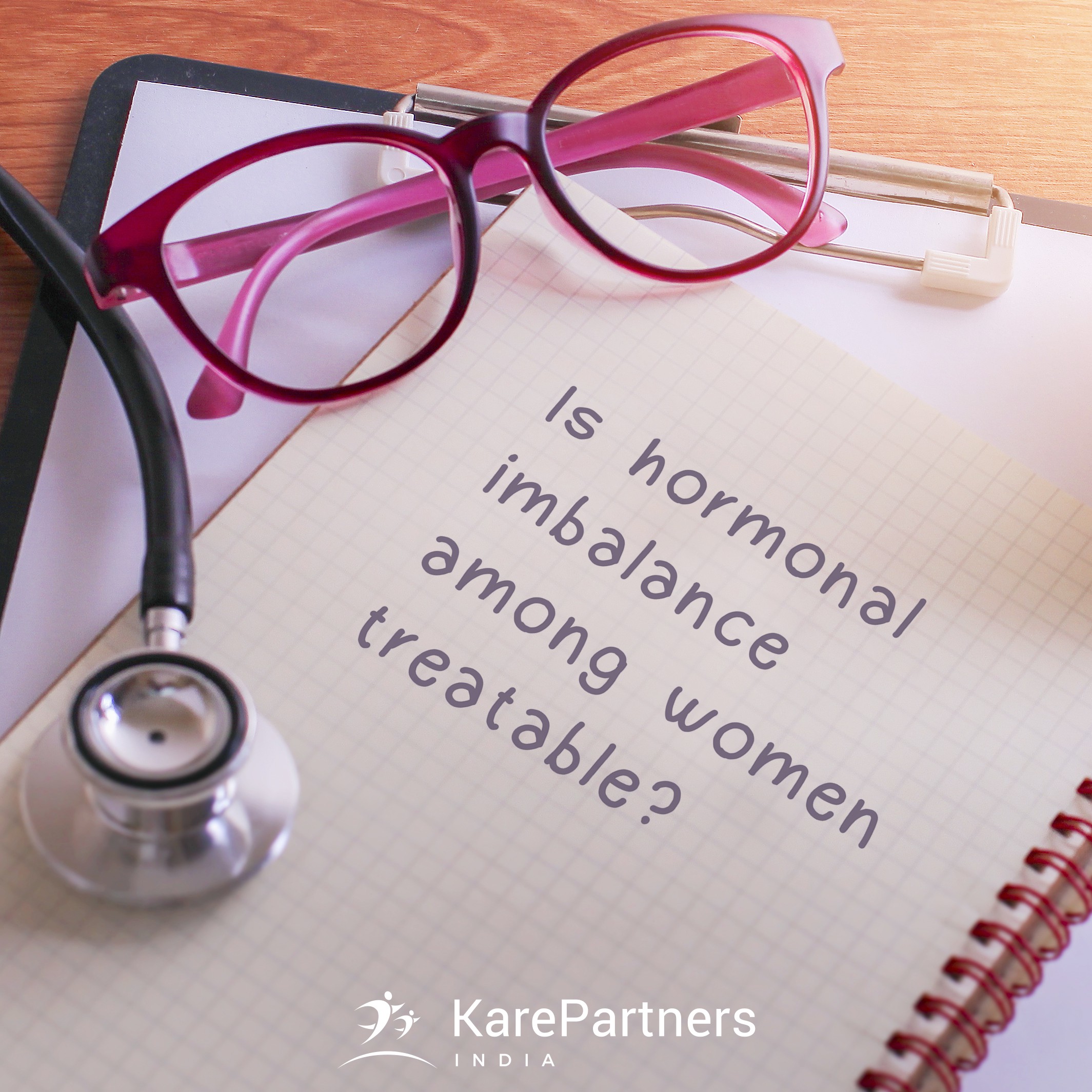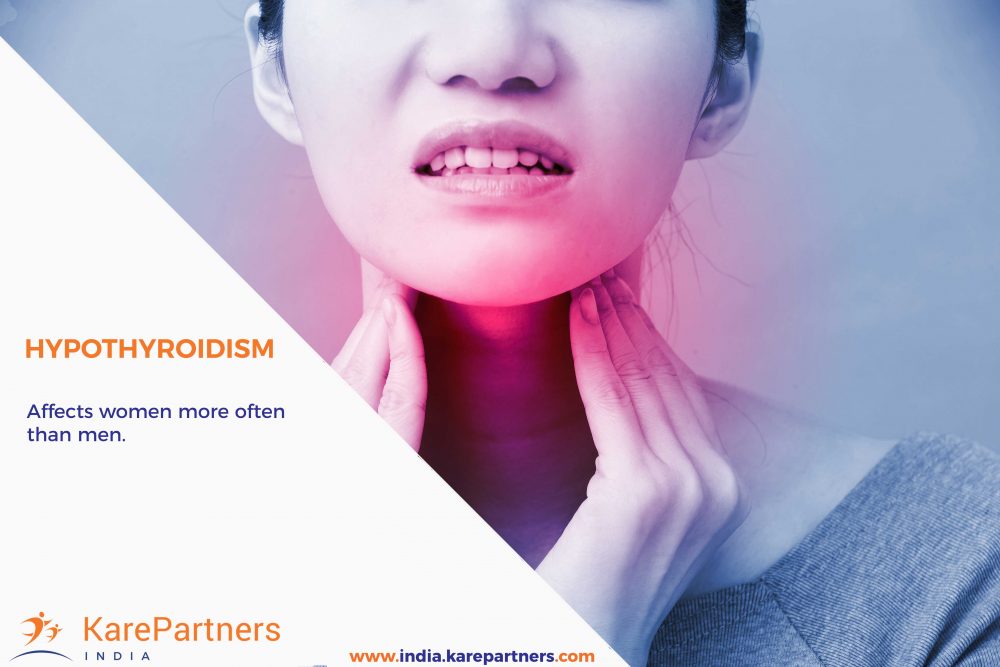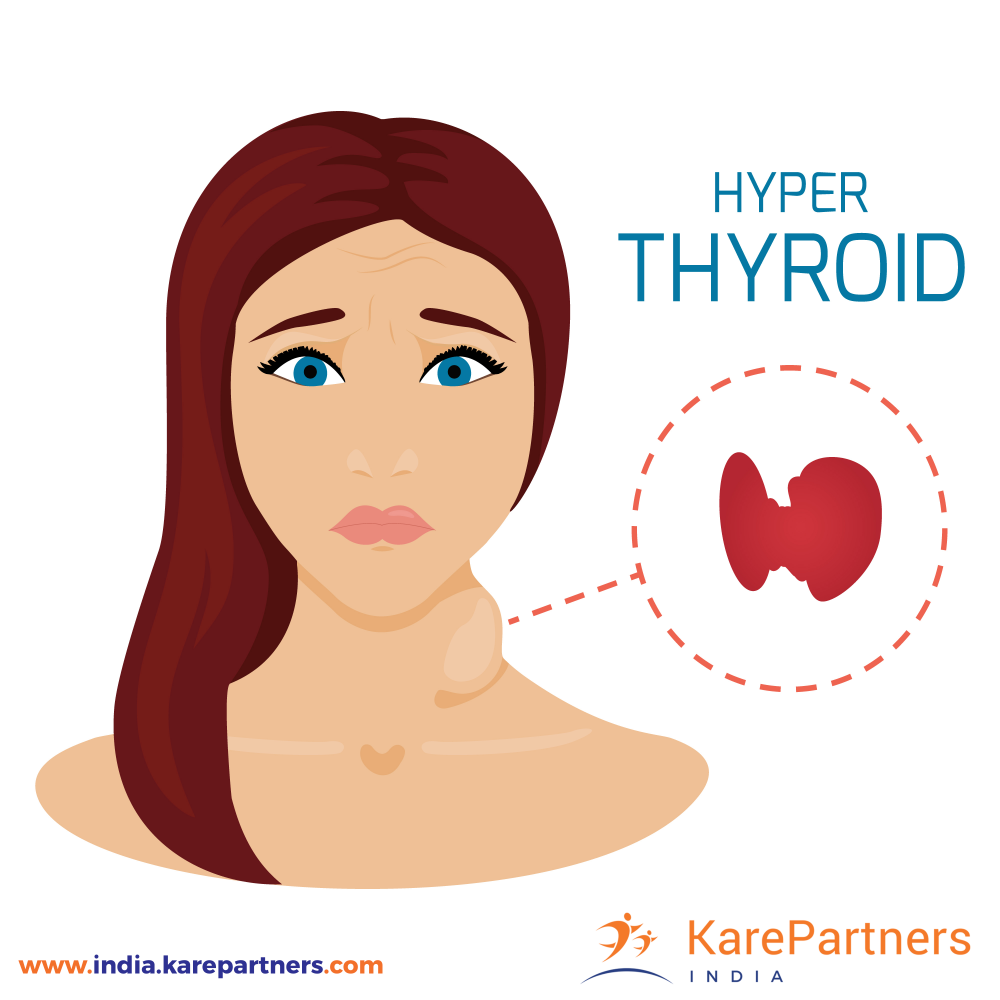The research done in the past few years has brought about an astounding progress of our understanding in the field of endocrinology. It is now viable to approach all the classical topics in endocrinology at both cellular and molecular level. Hormones are usually defined as messengers that are transported by the blood to distal target cells. Because they are released into the interstitial space and thence into blood, they are called “endocrine” ( ductless; “ secreted within”) secretions to distinguish them from those which are released into the external environment (“exocrine” or ductal secretions). 1[i]
Hormones are constant and abiding servants of our mental and physical equilibrium. Each is secreted in one part of the body, travels to another part and influences it to do whatever the body needs to achieve or regain (replenish)its equilibrium at the moment.Hormones control the rate of certain chemical reactions, instrumental in the transportation of substances through various membranes, help to regulate electrolyte balance, water balance and blood pressure. They play an imperative role in growth, development, reproduction and behaviour. Hormones are all-pervasive. They enter the cells of every tissue in our bodies and brains and affect both our physical and mental wellbeing.
Balancing our hormones is paramount in maintaining a good physical condition. Womenfolk face many hormonal problems and the wisdom of western medicine and a healthy lifestyle can be used to cure them. The wavering levels of the endocrine hormone can be caused by Endocrine feedback system being out of order due to –
1. There can be an advent of a disease
2. Genetic disorders like acromegaly, adrenal insufficiency (Addison’s disease),
Cushing disease (a pituitary condition), Growth hormone deficiency, Familial chylomicronemia syndrome (FCS), Hyperparathyroidism and Hypopituitarism.
3. Infections
4. Injury to the endocrine gland
5. A tumour of an endocrine gland.
A. SYMPTOMS OF HORMONAL IMBALANCE
1. MENSTRUAL CYCLE & ITS IRREGULARITY:
There can be a plethora of reasons for irregular periods like , primary ovarian insufficiency (POI) or premature ovarian failure, thyroid dysfunction, escalated levels of the hormone prolactin, which is produced by the pituitary gland, involved in the production of milk, unrestrained diabetes, Cushing syndrome, behind time, birth control pills, shots and implants are all instrumental in the irregularity of the menses .The prolonged menstrual bleeding can be caused due to adolescence, Polycystic Ovarian Syndrome.2 At the time of stress there is a suppression of gonadotropins and gonadal stress hormones hampering the normal course of the menstrual cycle. Prolonged exposure to stress can lead to the complete wreckage of the reproductive system. 3
2. WEIGHT GAIN:
High levels of estrogen can be a cause of fluid retention. Progesterone is instrumental in the increased production of urine and cause fluid retention and thus bloating. Low progesterone can affect your thyroid, and thyroid issues can cause weight gain or difficulty in shedding weight. High stress and poor sleep can also be the reason for weight gain.
3. MOOD SWINGS:
Female hormonal imbalance during perimenopause, menopause and adrenal fatigue cause a large number of symptoms which cause mood swings. When a woman’s body goes through so many radical physical, emotional and hormonal changes it is hard to remain calm and reasonable. A sudden change in the balance estrogen, testosterone and progesterone also make women gloomy and grim.
4. HAIR LOSS/ UNUSUAL HAIR GROWTH:
According to Women’s Health Network “If you have higher than usual levels of free testosterone, or your hair follicle receptors have become hypersensitive to androgens, excess or unusual hair growth can appear”.
5. INFERTILITY:
Some women with PCOS (Polycystic Ovarian Syndrome) may experience reduced fertility or “sub-fertility” where it may take longer to conceive and medical intervention may be needed to achieve pregnancy.
Other symptoms may include fibrocystic breasts and breast tenderness, decreased libido, gallbladder disease, dry skin and muscle weakness.
B. TESTING:
1. Saliva Testing It has been noted that saliva testing is the most precise measurement of the count of cortisol hormones, DHEA, Estrogen, progesterone and testosterone in the human body. Out of the broad spectrum of tests available today the saliva test is definite and correctly measures the level of hormones at a cellular level. It is non-invasive in nature.
2. Serum or Blood Testing Most serum testing measures the level of “free” hormone (the hormone that can penetrate into the cell membrane easily) the non-protein bound, the level of the “total” hormone, or a calculated combination of both free and total levels of the hormone.
3. Follicle-Stimulating Hormone (FSH) Testing FSH is frequently used to ascertain the hormonal status of premenopausal women who may complain of hot flashes, mood changes, or other symptoms. The FSH test should not be used as a precise measure of sex steroid hormone production or an indication of the malfunction in the reproductive system of women, because the level of FSH wavers widely during the decade before menopause.
· PROGESTERONE
· TESTOSTERONE
· ESTROGEN
· DHEA (DEHYDROEPIANDROSTERONE)
· LH (LUTEINIZING HORMONE)
C. HOW TO BALANCE HORMONES?
One’s diet is the foundation and the most imperative step to keep our hormones in check. One should abstain from caffeine, alcohol, smoking and stress. Eat whole, real and unprocessed foods like fruits, vegetables, seeds, nuts, etc. one can consider a “Blood Sugar Solution 10-Day Detox Diet” which will naturally help reestablish your hormones by discarding sugary and processed foods and focusing on organic hormonal balancing foods. Fresh oil and supplementing vitamin D and B can help in balancing estrogen. Phytonutrients (vitamin E, resveratrol, curcumin, n-N-acetylcysteine, green tea, selenium) can help to regulate sex hormones.4
For certain growth factors in the cells and organs to be aligned properly we must add omega3 and omega6 rich foods in our diets. Coconut oil, real butter and olive oil are great for hormone health.
Harmful chemicals found in pesticides, household cleaning tools and plastics can damage hormones, so their usage must be retrained.
Lastly, there is no one better than your gynaecologist to tell you about the best treatment of hormonal imbalance. You can also consult one of the best gynaecologists in Chandigarh, Dr Shruti Gupta (M.D. Gynaecology, D.N.B. P.G.I. Chandigarh) who is well versed in her field.
References:
1. Definition of hormones, page 699, “Medical Biochemistry” by N.V Bhagavan
2. The paper by Eunice Kennedy Shriver National Institute of child health and human development
3. Indian Journal of Endocrinology and metabolism.
4. How do I Naturally Balance Female Sex Hormones? By Dr.Hyman


